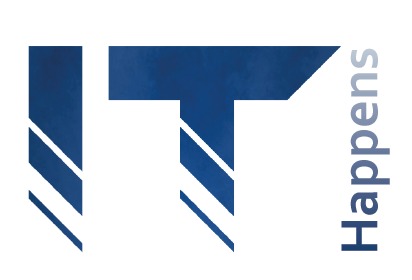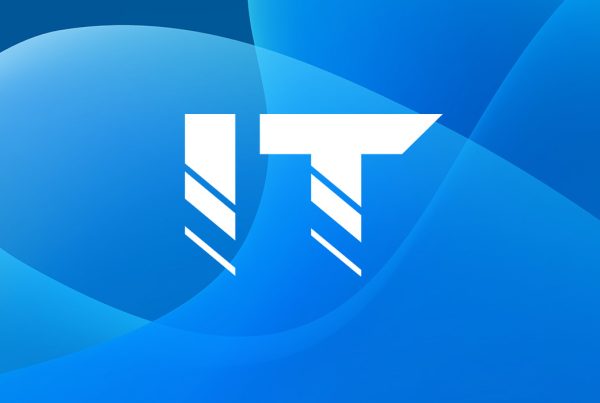In this column, we reunite former SBIT members with the current generation; what are the possible paths that follow after studying Information Management, and how best to prepare for this journey. In this first edition, I talk to alumni Joep van Dingenen, former president of SBIT (2013-2014) and, since February 2016, a Management Consultant at KPMG Netherlands.
What did you do during your studies?
I followed the BSc in Economics and Information, after which I did the MSc in Information Management. During my studies, I enjoyed participating in several committees at SBIT, resulting in a board year. I also helped organize TEDx TilburgUniversity, which consists of a series of self-organized independent events with the TED name.
Companies nowadays demand more and more from students; you have to have seen more than just school. How do you experience this at KPMG?
I definitely think this is an important point. It is difficult to have ”skin in the game” right away at a company where you are about to start because most of it is new to you. However, when you have also participated in other activities during your study time, it does show that you have a proactive attitude. There are plenty of activities that help you develop yourself: being an active member of a study association and/or student union, studying abroad, internships, side jobs, volunteering, etcetera. It often does not matter exactly what you have done, but it shows that you are willing to go the ”extra mile”.
Students with extra experience are valued and this is something you will notice well in the workplace. If you have ambitions to go into the consultancy side, you will have to deal with a lot of client contact. With some life experience, you will notice that it is a lot easier to approach clients and communicate on an equal level.
The switch to working life. What did it look like for you?
Before I started as a Consultant, I did a graduate internship at KPMG. This obviously helped me get to know the company well, but I also got into the same flow; so more set working hours and fewer days off with some lectures. I am more directed now than during my student days because you have more responsibilities now, especially towards others. I can give everyone a tip in advance: move close to your work. It’s a time saver that you can put to good use, especially at the beginning of your career, so that you can maximize your focus on work and you’re also more likely to feel at home in your new surroundings.
How did you get into KPMG? Can you tell me a bit more about the organization?
During my MSc, I applied for a graduate internship at KPMG Eindhoven: Risk Consulting. I had submitted my own thesis proposal, which I felt was appreciated. During my graduate internship, I saw a lot of the organization and also found out that there were other opportunities within KPMG that fit my personality a little better. Then I ended up at the Management Consulting department in Amstelveen, where I now started as a Consultant. KPMG is truly an international company, but its strength is also in acting locally. We are close to the client, which is also reflected in the organization. We have a flat organizational structure with short lines and little hierarchy. Of course, there is a kind of hierarchy; managers do have final responsibility. So you are steered well but on a human level. You always get direct feedback on your work and every starter is linked to a performance manager.
What are your expectations for the next two years?
When you start, you will start with some training, which you can spread out yourself. I am currently working on a consulting job of 2-3 days a week. In between this assignment, I do a lot of internal stuff, but there is also a new assignment coming up soon. The duration of these assignments varies from a few weeks to a maximum of three months. We also do the larger transformations and project and program management, of course, and these assignments can last up to a year.
I like the fact that you are thrown in at the deep end right away. From day 1, you actually start as a Consultant. Within the Management Consulting department, I am part of the CIO Advisory branch. I am constantly in direct contact with the (IT) Management Team, which I find very special. This gives you a direct insight into how things are thought about at the management level, which for me already person results in a steep learning curve.
What can you give IM students if they aspire to become IT consultants?
In my case, it is of course important to know what drives a CIO and what he does on a daily basis. In addition, it is essential that you work on your soft skills, because you obviously have to do a lot of presentations where you put yourself down in a certain way. Some are better than others, that’s the case with everything, but it is certainly a capacity that must and can be developed further. That is therefore definitely a point that comes up again during a job application. Furthermore, you need to be able to think top-down and it goes without saying that you have an analytical view of things. Structure is also an important factor, both in your work and in how you communicate with others. The last thing I want to give students is intrinsic motivation for what they want to do. Of course, you can’t always see that directly in a CV, but you can in a personal conversation. We are the academics who walk over the ”Chinese wall” that stands in the field of Business and Information Technology. A good mediator should want to know what is considered important on both sides and should know how to convey this.
I would like to thank you for taking the time to share these experiences with us. Students will now hopefully have a clearer picture of the path you have taken to the position of IT Consultant!



